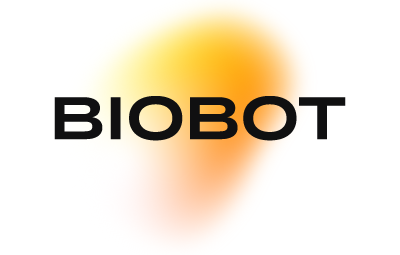About Biobot Surgical
Biobot Surgical is the first surgical robotics venture to emerge from Singapore’s dynamic academic and clinical ecosystem.
Key Responsibilities
As a Medical Device Development Associate, you will gain hands-on experience across engineering, quality, regulatory, and product functions in a MedTech startup. You will rotate through Product / Engineering, Regulatory Affairs, Quality Assurance & Quality Control, Clinical / Voice-of-Customer (VoC) & Trial Support. You will be empowered to own tasks across the product lifecycle and shadow senior staff (CTO, Engineering & Product Managers).
Rotation Tracks & Key Responsibilities
1. Product / Engineering
- Translate user (clinical) feedback into engineering & usability requirements
- Participate in design reviews, prototyping and verification & validation testing, troubleshooting variance and deep dive into solution
- Work with mechanical/electrical/firmware teams to understand system integration
- Contribute to technical documentation
- Ensure traceability under design control standards
2. Regulatory Affairs
- Learn how regulatory requirements relate to product documentation
- Assist in preparing regulatory submissions
- Support in bridging engineering and regulatory perspectives for compliance
3. Clinical / User-Voice & Trial Support
- Lead Voice-of-Customer (VoC) interviews/surveys with clinicians, nurses and users
- Assist trial planning (protocol input, site engagement) — lighter execution support
- Observe clinical workflows, collect user feedback to feed into product design
4. Shadowing & Strategic Exposure
- Shadow the CTO, Engineering Leads, Product Manager in decision-making, planning, project reviews
- Attend cross-functional meetings to see how engineering, clinical, regulatory, and business functions integrate
- Contribute to special projects (e.g. technology reviews, product roadmap alignment, risk assessments)
Qualifications and Competencies
- Master’s or Ph.D. in Engineering (Biomedical, Mechanical, Electrical, or related) or equivalent technical discipline
- Strong aptitude for testing, analysis, problem-solving and system thinking
- Experience (academic or lab) in device design, prototyping, testing or instrumentation
- Good communication skills and ability to engage with users/clinicians
- Excellent technical writing skills.
- Flexible, curious, and able to adapt across domains
- Some exposure to regulated environments is a plus



